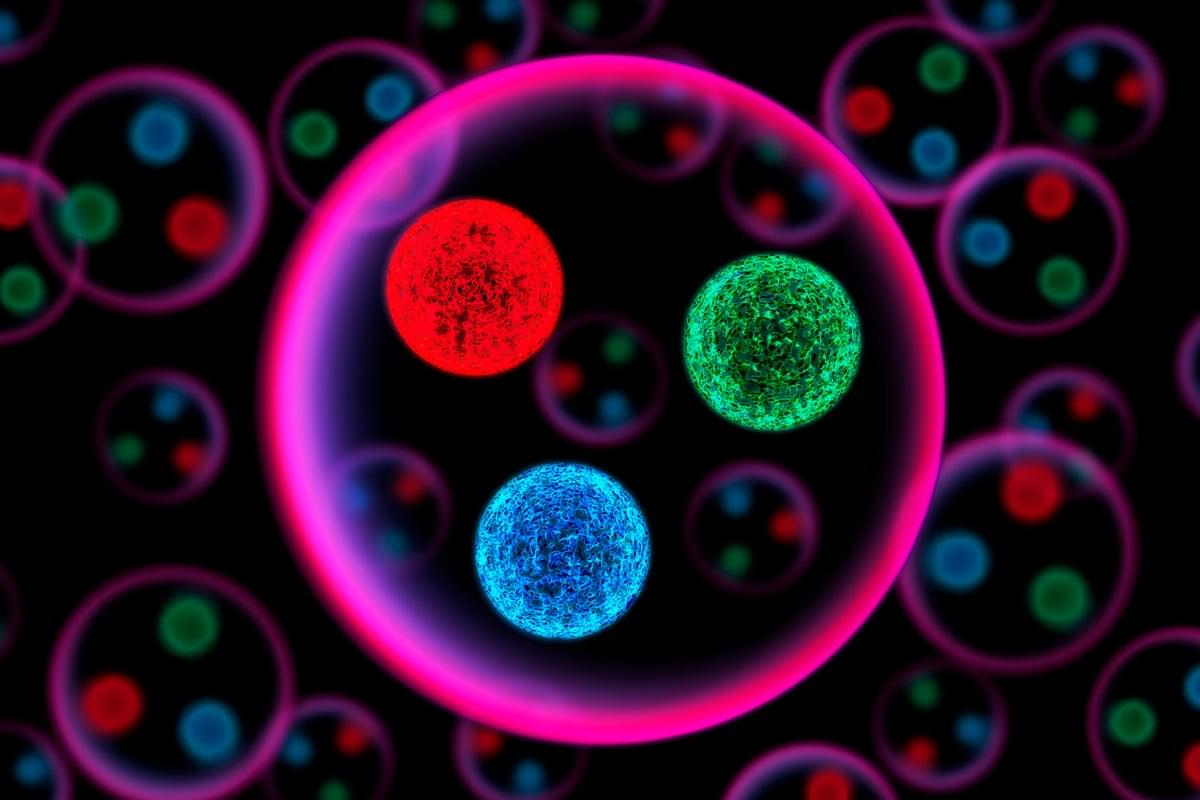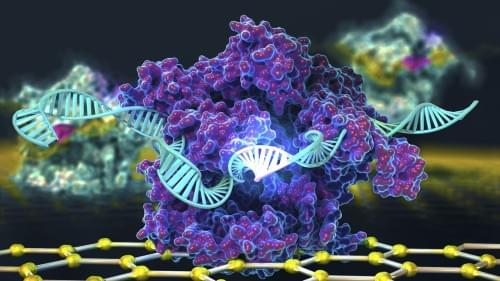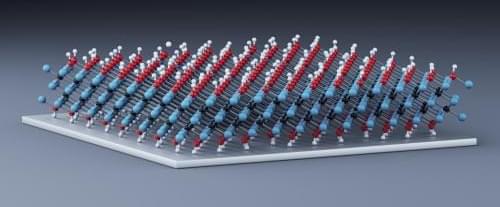Join us as we journey beyond the birth of the universe to unravel the mysteries of what might have preceded the Big Bang—and whether time itself had a beginning.
Watch my exclusive video Mass Drivers on the Moon: https://nebula.tv/videos/isaacarthur–…
Get Nebula using my link for 40% off an annual subscription: https://go.nebula.tv/isaacarthur.
Get a Lifetime Membership to Nebula for only $300: https://go.nebula.tv/lifetime?ref=isa…
Use the link https://gift.nebula.tv/isaacarthur to give a year of Nebula to a friend for just $36.
Visit our Website: http://www.isaacarthur.net.
Join Nebula: https://go.nebula.tv/isaacarthur.
Support us on Patreon: / isaacarthur.
Support us on Subscribestar: https://www.subscribestar.com/isaac-a…
Facebook Group: / 1583992725237264
Reddit: / isaacarthur.
Twitter: / isaac_a_arthur on Twitter and RT our future content.
SFIA Discord Server: / discord.
Credits:
Before the Big Bang — What Came Before Time?
Episode 738; July 20, 2025
Written, Produced & Narrated by: Isaac Arthur.
Select imagery/video supplied by Getty Images.
Music Courtesy of Epidemic Sound http://epidemicsound.com/creator.
0:00 Intro Asking the Impossible.
2:08 The Limits of Time and Spacetime.
7:45 Beyond the Big Bang: Alternate Beginnings.
14:38 Other Realities: Higher Dimensions and Shadow Universes.
18:28 Emergent Time.
22:38 Bubble Collisions and Multiverse Scars.
24:44 Conclusion: What Came Before Time?







